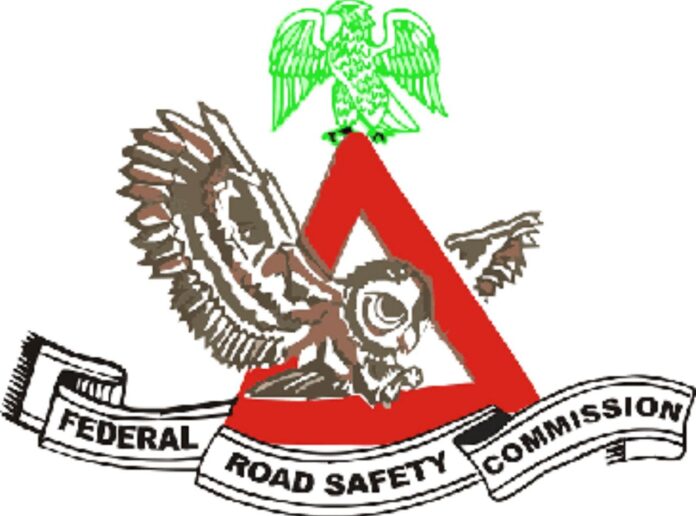By Hauwau Shehu Maikeffi
In a sobering revelation that underscores the deadly state of Nigeria’s roads, the Federal Road Safety Corps (FRSC) in Ondo State has disclosed that no fewer than 170 lives have been lost to road crashes between January and April 2024. A total of 2,423 people were involved in these accidents — a staggering number that tells a story of blood-soaked highways, grieving families, and mounting national silence.
According to the FRSC Sector Commander in Ondo, Mr. Ezekiel Son’Allah, the crashes were recorded across major routes in the state, including the ever-busy Akure-Owo-Benin Expressway, notorious for its deadly bends and reckless driving patterns. The figure includes 394 people who sustained serious injuries and 133 who escaped with minor injuries.
“Most of the crashes were due to human error: speeding, dangerous overtaking, and failure to obey traffic regulations,” Son’Allah said. “We are intensifying our campaigns, but enforcement alone cannot solve this. Road users must change their attitude.”
Behind these statistics are real people, students returning to school, traders heading to markets, fathers on night buses, families heading home for the weekend. For every life lost, there is a story abruptly ended, and a family left with a void.
Take the case of 26-year-old Tolu Adeyemi, a recent graduate from FUTA who died in a crash along the Akure-Ondo road. “She was on her way to collect her NYSC call-up letter,” her sister said through tears. “Now we’re collecting her death certificate instead.”
Despite recurring warnings, campaigns, and routine patrols, Nigeria’s roads remain some of the deadliest in Africa. In Ondo State alone, the pattern of carnage appears unrelenting. The FRSC has repeatedly advocated for better road infrastructure, enhanced driver education, and stiffer penalties for traffic violations.
However, the reality remains grim: pothole-ridden roads, under-maintained vehicles, under-enforced laws, and a deeply ingrained culture of impatience behind the wheel.
The FRSC has promised to continue its road safety sensitization campaigns in schools, motor parks, and religious centers. But critics argue that unless there is a nationwide overhaul of both infrastructure and human behavior — the body count will only continue to rise.
“Road safety is not just the responsibility of the FRSC,” Son’Allah added. “It’s a collective duty. Every driver, every passenger must understand that getting to your destination safely is more important than getting there fast.”










